Simple Changes That Could Save You a Fortune on Business Travel Costs
Business travel can get expensive fast, with flights, hotel stays, meals, rent-a-car, and hidden expenses adding up before you know it. The good news is that you do not have to cancel trips to save money. A few smart shifts can cut the cost and make your trips more like well-managed investments. It’s all about saving money by rethinking how you plan, book, and execute your business travel.
Plan Trips Months Ahead

Credit: Canva
Early planning not only saves money on flights, but it also gives you more breathing room. Hotels frequently offer their lowest rates to early birds, and airlines reward those who do not wait until the last second. It also gives you negotiating power, especially if it’s for a group stay or a long-term corporate agreement.
Stay Where the Action Is
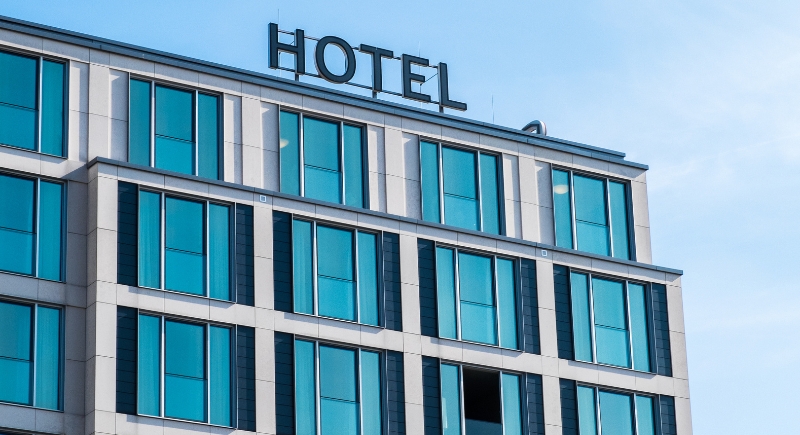
Credit: Getty Images
That cheaper hotel on the outskirts is not a bargain when you factor in daily taxis, traffic delays, wasted time, and possible security issues. Staying close to meetings and events saves money on transportation and allows you to concentrate on the task at hand rather than navigating a map.
Stack Your Meetings

Credit: Getty Images
Flying out for a single meeting depletes resources. Instead, plan trips that combine multiple objectives like client visits, regional office check-ins, and networking events. This all-in-one journey can be an excellent money saver. It’s an effective way to stretch corporate travel budgets while being productive on the road.
Leverage Loyalty Programs

Credit: Getty Images
Ever wondered how many travel points vanish into thin air each year? The number may surprise you. Create centralized loyalty accounts for flights and hotels to ensure that every point is tracked and used. Those points can then be used to pay for extra amenities, additional nights, or even entire trips that upgrade their true value.
Watch Prices Like a Hawk
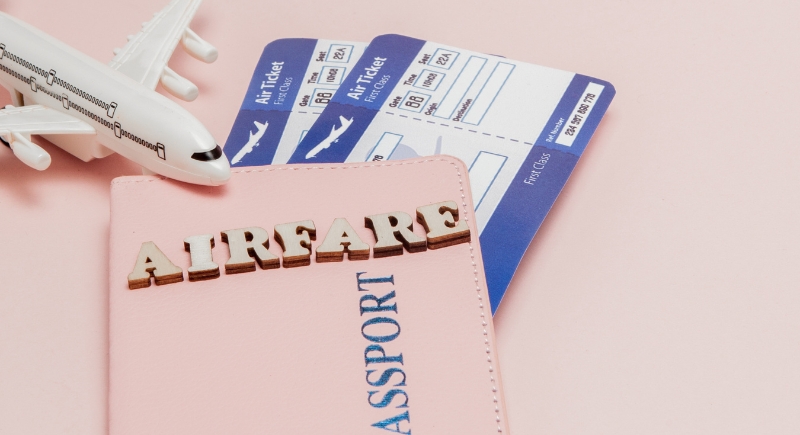
Credit: Canva
Airfare can fluctuate dramatically in just hours. Use a pricing tool of your choice to catch dips and lock in the best rates before they spike again. This method is especially effective for recurring routes, and it allows for significant savings as you maintain travel schedules and even get to pick your preferred seats.
Bundle Everything
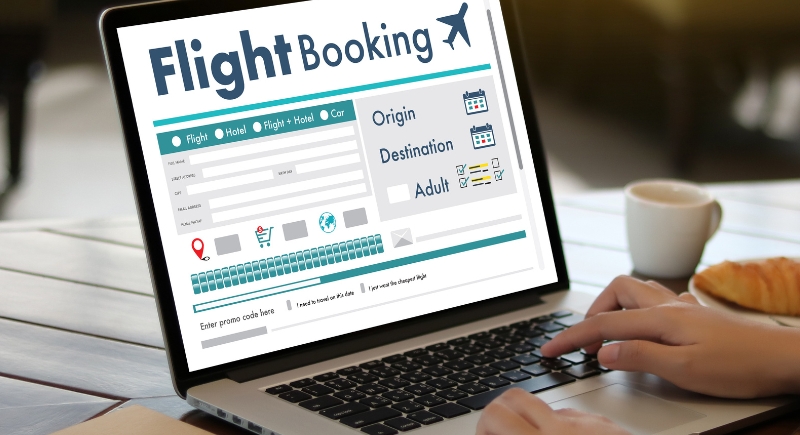
Credit: Getty Images
Booking flights, hotels, and rental cars together saves you more than just a few clicks. Vendors frequently offer package discounts, which means you’ll have fewer receipts to manage later. This simple move keeps costs and paperwork under control so you and your team can focus on the trip itself.
Travel on Quiet Days

Credit: pexels
Some days, flights can cost so much more. It’s all about demand, not luck. Traveling midweek, particularly on Tuesdays or Wednesdays, can get you significantly lower fares and less crowded airports. This simple change in timing saves hundreds of dollars for more productive journeys.
Book Through a Single Channel

Credit: pixelshot
When everyone books on different sites, costs spread, and chaos ensues. It’s a good idea to work with a centralized platform that streamlines reservations to make spending transparent. Over time, you’ll notice clear trends and know which vendors deserve loyalty and which are draining the budget.
Create Clear Travel Policies
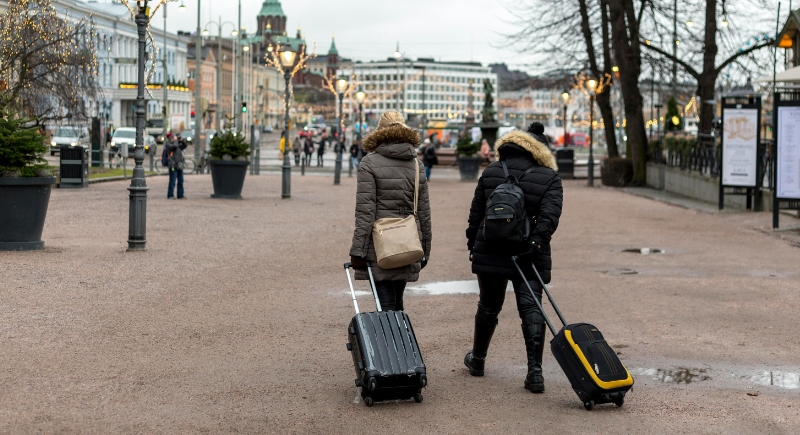
Credit: pexels
Who decides what counts as “reasonable” when there are no rules? That’s why travel policies matter. It’d be best to outline expectations for flights, hotel types, meal limits, and approval steps to ensure clarity. Do this early on. Clear policies stop overspending and keep every trip aligned with company priorities.
Set Fair Food Limits

Credit: Getty Images
Meals don’t need to be a free-for-all. Setting reasonable daily allowances keeps costs predictable without forcing employees to eat poorly. With the right balance, travelers enjoy good food, and the company stays within its budget. It also helps that no shocking receipts are waiting at headquarters.
Prioritize Direct Flights for Efficiency
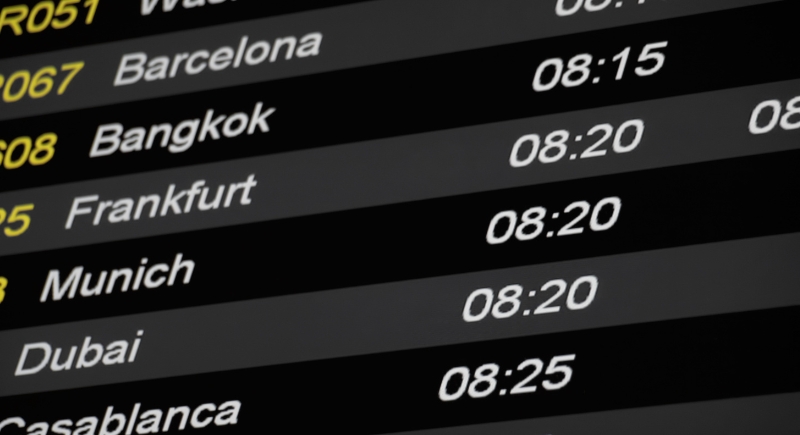
Credit: Getty Images
Connecting flights may appear to be a good deal, but they aren’t. They can cause your corporate travel plans to suffer from lost hours, missed meetings, and overspending on overpriced airport snacks. Paying slightly more for a direct flight keeps travelers focused and prevents a slew of expenses.
Use the Right Credit Cards

Credit: Canva
Travel-related perks that come with credit cards, such as free checked bags, cashback, and priority boarding, help to keep trips running smoothly while lowering costs. Over time, points accumulate into some excellent rewards that can fund future bookings.
Negotiate Group Rates

Credit: Getty Images
Group bookings should be taken as a strategic move, and not just a logistical one. Hotels and airlines often roll out big discounts when you book in bulk. Traveling together also boosts morale, simplifies coordination, and ensures everyone stays close by.
Review Expenses After Each Trip

Credit: Canva
Treat post-trip reviews like a treasure hunt for insights. Soon you will begin to see the patterns. This could be an eye-opener about where your travel choices are going wrong, like the same overpriced hotel repeatedly draining funds. Use this data to refine future plans and turn each trip into a success.
Prioritize Public Transit

Credit: Getty Images
Rental cars seem convenient until you’re stuck with insurance fees, parking tickets, and overpriced gas. In many cities, public transit or ride-hailing services are cheaper and less stressful. This simple swap keeps budgets lean and gives travelers one less thing to worry about.